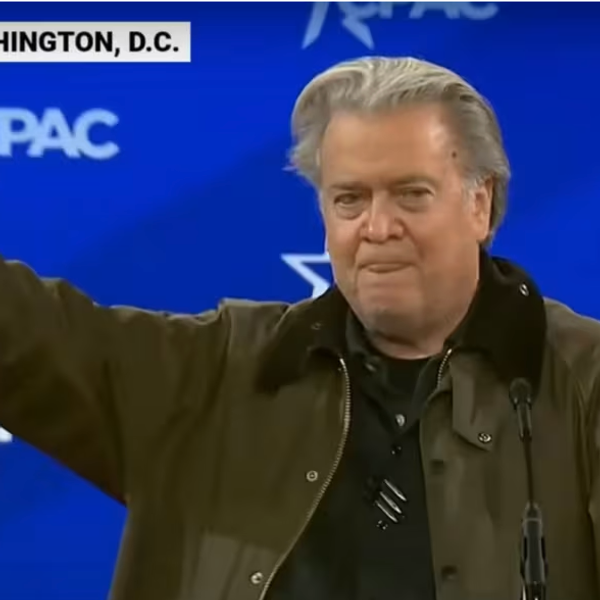AFL-CIO President Richard Trumka, Prominent U.S. Labor Leader, Dies
By David Shepardson and Makini Brice
WASHINGTON (Reuters) -AFL-CIO President Richard Trumka, head of the largest U.S. labor organization and a key figure in Democratic politics who voiced concern about corporate power and a growing income gap between rich and poor, has died at age 72, the group said on Thursday.
President Joe Biden, a Democrat, told reporters at the White House that Trumka was a "great close personal friend" and said the labor leader had been on a camping trip with his grandsons before he died. A source told Reuters that Trumka died of a heart attack.
Trumka, a third-generation coal miner from Nemacolin, Pennsylvania, began working in the mines at age 19, and became president of the AFL-CIO, a federation of 56 unions representing 12.5 million workers, in 2009.
Trumka told Reuters in a 2019 interview that workers wanted to take power back from companies that had too much power.
"Corporations now have more rights than people. Not equal rights, more rights," Trumka said.
"Over the last 20 years, the top one percent has accumulated $21 trillion in wealth and the bottom 50 percent has lost $900 billion in wealth. The inequality gap grows and grows. That's putting us on a trajectory for an implosion of the system," Trumka added.
Trumka presided over the AFL-CIO at a time of increasing challenges for the American labor movement and declining membership. Trumka had pushed U.S. lawmakers to revise trade deals and make it easier for unions to organize new members but organized labor has endured a series of setbacks in trying to organize workers at companies including Amazon.com and Volkswagen AG.
In 2020, 10.8 percent of U.S. workers were in unions, up by 0.5 percent from the prior year, but still down about half from 1983 when 20.1 percent of U.S. workers were unionized.
Democratic politicians remembered Trumka with praise.
"Working people of America have lost a fierce warrior at a time when we needed him most," Senate Majority Leader Chuck Schumer said. "We have just lost a giant."
House of Representatives Speaker Nancy Pelosi said Trumka "fought with principle and persistence to defend the dignity of every person - whether speaking out against apartheid and discrimination abroad or fighting bigotry and racism here at home."
The AFL-CIO, in confirming Trumka's death, said it mourned "the passing of our fearless leader and commit to honoring his legacy with action. ... We will pour everything we have into building an economy, society and democracy that lift up every working family and community."
Trumka worked as a coal miner for more than seven years, supporting himself while attending Penn State University as an undergraduate and through Villanova University, where he received a law degree in 1974. He served as president of the United Mine Workers of America before heading the AFL-CIO.
He also served on Democratic former President Barack Obama's advisory Council on Jobs and Competitiveness.
"For nearly 40 years, Rich's leadership has re-galvanized and redefined the modern American labor movement," U.S. Energy Secretary Jennifer Granholm said in a statement. "... "Because of Rich, workers are rising in America."
(Reporting by David Shephardson, Makini Brice, Jeff Mason, and David Lawder; Writing by Susan Heavey; Editing by Will Dunham)










